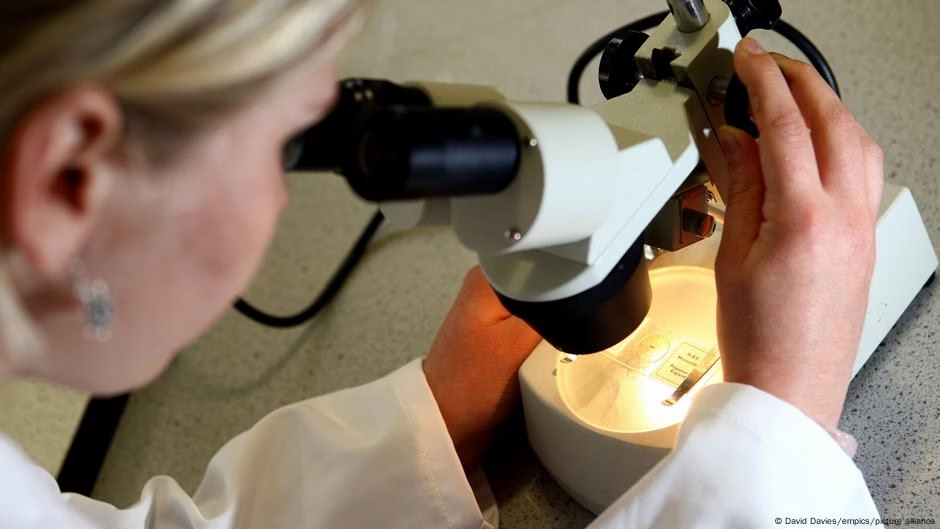Colorectal cancer rates are on the rise among individuals under the age of 50, as revealed by a study published in The Lancet. The research indicates an increase in early-onset colorectal cancer cases in 27 out of 50 countries and territories examined. However, the overall trend becomes more complex with other data indicating a decline in deaths linked to colorectal cancer. In Germany, for instance, deaths have dropped by 17 percent over the past two decades, according to the Federal Statistical Office. A study in January 2024 also found that colorectal cancer is claiming fewer lives in Europe compared to 30 years ago. Since 1988, six million deaths from all cancers have been prevented in the EU, and 1.3 million in the UK. Researchers predict cancer-related deaths for 2024 across all forms of cancer using data from the World Health Organization. Carlo La Vecchia, of the University of Milan in Italy, attributes the decline in mortality rates to reduced smoking rates, better diagnosis, and improved treatment for cancers. The largest declines in colorectal cancer mortality rates are observed among those over 70, but there is an overall reduction in colorectal cancer incidence and mortality, which La Vecchia describes as “grounds for optimism.” Colorectal cancer mortality rates are increasing in people under 50, with significant rises reported in Italy, Poland, Spain, and Germany. However, experts emphasize that absolute numbers of individuals under 50 suffering from colorectal cancer are relatively low and not a major cause for concern. Scientists understand several risk factors for colorectal cancer, such as smoking, obesity, and diet, but the specific mechanisms through which these factors contribute to the disease’s development are not fully comprehended. Additionally, a WHO report confirms alcohol consumption as a risk factor for colorectal cancer. Beatrice Lauby-Secretan, from the WHO’s IARC cancer prevention program, explains that ethanol in alcoholic beverages transforms into acetaldehyde, causing DNA damage and increasing cancer risk. Reducing or stopping alcohol consumption can reverse long-term effects of alcohol on the body, particularly by decreasing DNA damage. Lauby-Secretan emphasizes that the most effective way to combat the burden of cancer is through lifestyle changes, including not smoking, reducing alcohol consumption, and maintaining a healthy weight.
Source: https://www.dw.com/en/colorectal-cancer-rates-are-rising-in-under-50s/a-68134116?maca=en-rss-en-all-1573-rdf







